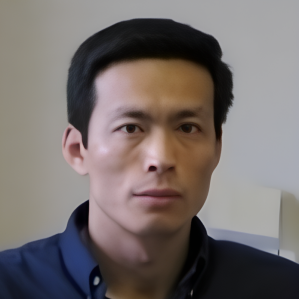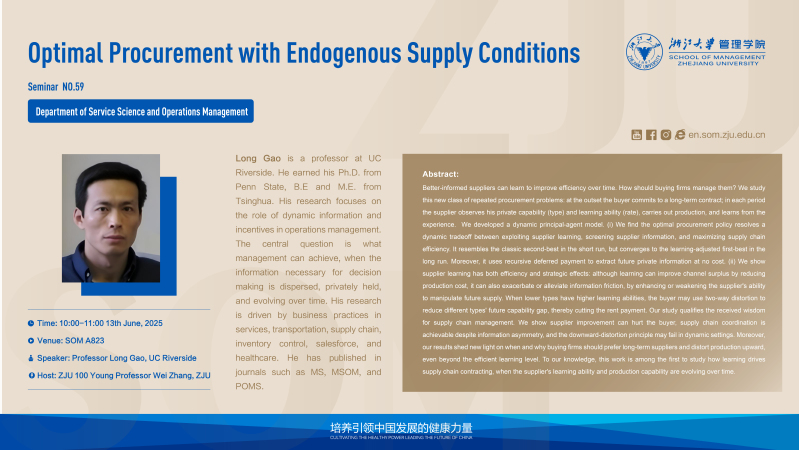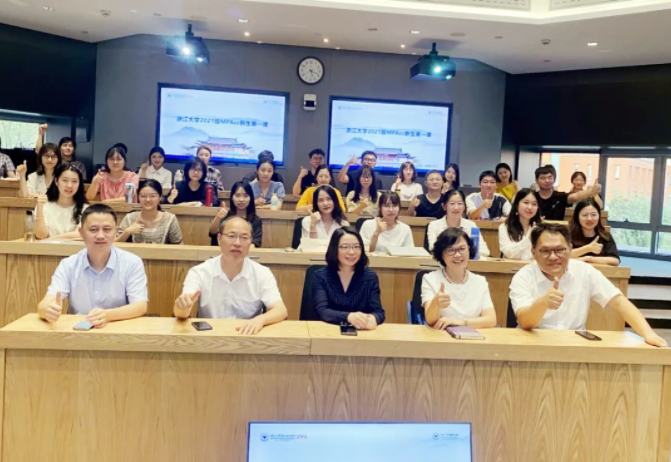Title: Optimal Procurement with Endogenous Supply Conditions
Time: 10:00-11:00 13th June, 2025
Venue: SOM A823
Speaker: Professor Long Gao, UC Riverside
Host: ZJU 100 Young Professor Wei Zhang, ZJU
Bio:

Long Gao is a professor at UC Riverside. He earned his Ph.D. from Penn State, B.E and M.E. from Tsinghua. His research focuses on the role of dynamic information and incentives in operations management. The central question is what management can achieve, when the information necessary for decision making is dispersed, privately held, and evolving over time. His research is driven by business practices in services, transportation, supply chain, inventory control, salesforce, and healthcare. He has published in journals such as MS, MSOM, and POMS.
Abstract:
Better-informed suppliers can learn to improve efficiency over time. How should buying firms manage them? We study this new class of repeated procurement problems: at the outset the buyer commits to a long-term contract; in each period the supplier observes his private capability (type) and learning ability (rate), carries out production, and learns from the experience. We developed a dynamic principal-agent model. (i) We find the optimal procurement policy resolves a dynamic tradeoff between exploiting supplier learning, screening supplier information, and maximizing supply chain efficiency. It resembles the classic second-best in the short run, but converges to the learning-adjusted first-best in the long run. Moreover, it uses recursive deferred payment to extract future private information at no cost. (ii) We show supplier learning has both efficiency and strategic effects: although learning can improve channel surplus by reducing production cost, it can also exacerbate or alleviate information friction, by enhancing or weakening the supplier's ability to manipulate future supply. When lower types have higher learning abilities, the buyer may use two-way distortion to reduce different types' future capability gap, thereby cutting the rent payment. Our study qualifies the received wisdom for supply chain management. We show supplier improvement can hurt the buyer, supply chain coordination is achievable despite information asymmetry, and the downward-distortion principle may fail in dynamic settings. Moreover, our results shed new light on when and why buying firms should prefer long-term suppliers and distort production upward, even beyond the efficient learning level. To our knowledge, this work is among the first to study how learning drives supply chain contracting, when the supplier's learning ability and production capability are evolving over time.

欢迎广大师生积极参与!





